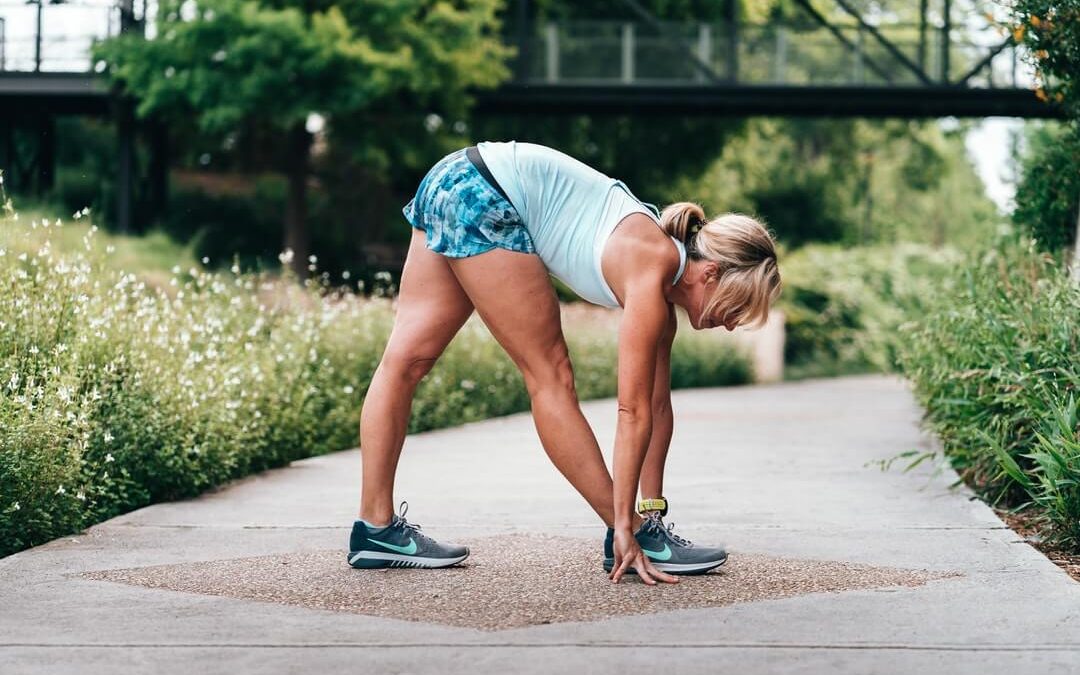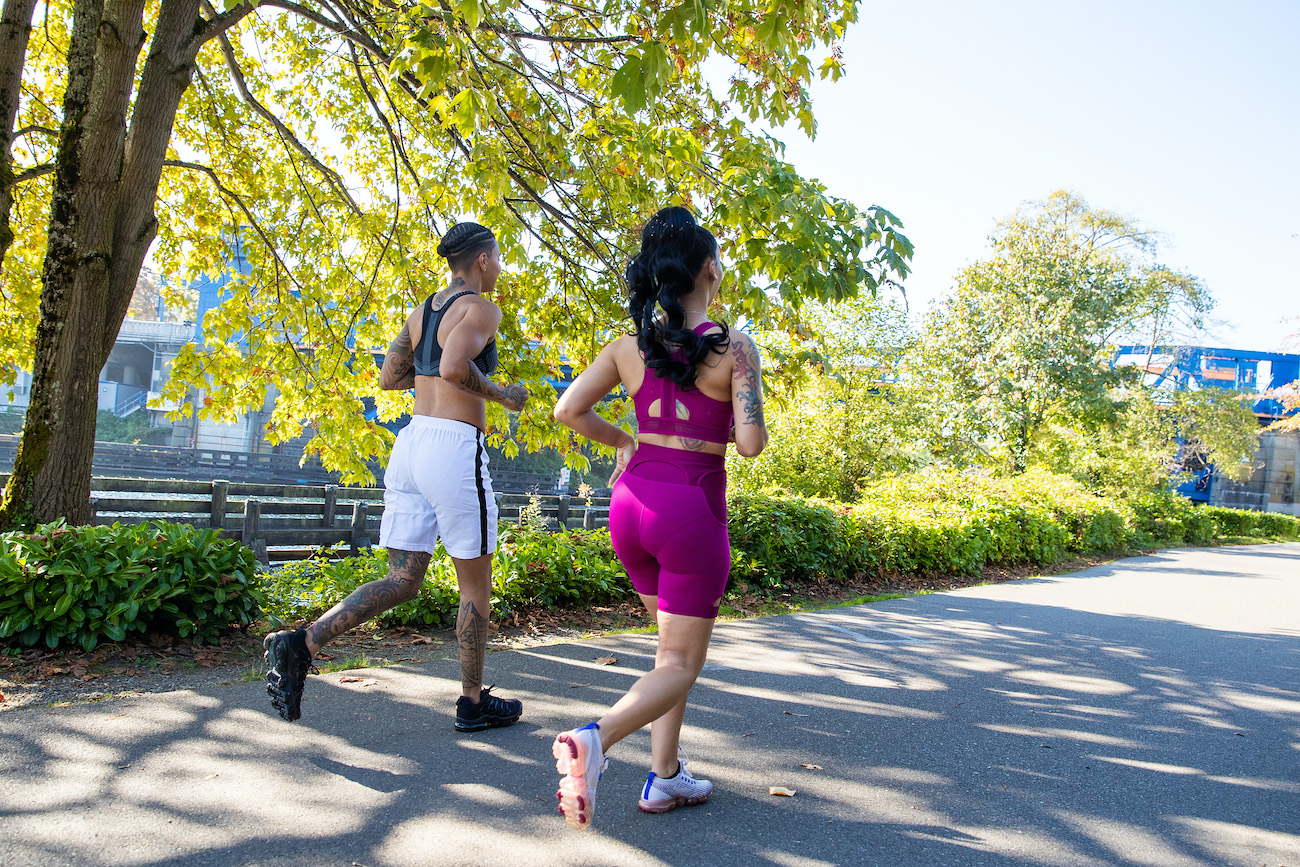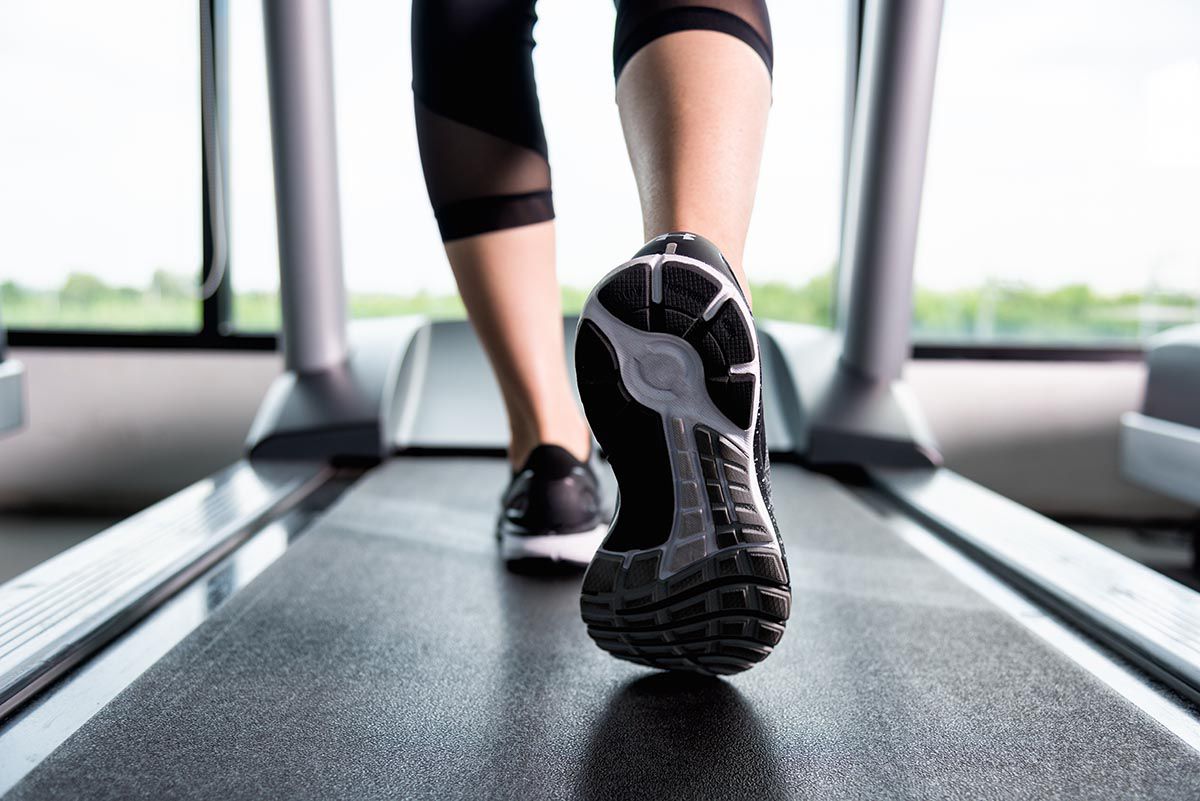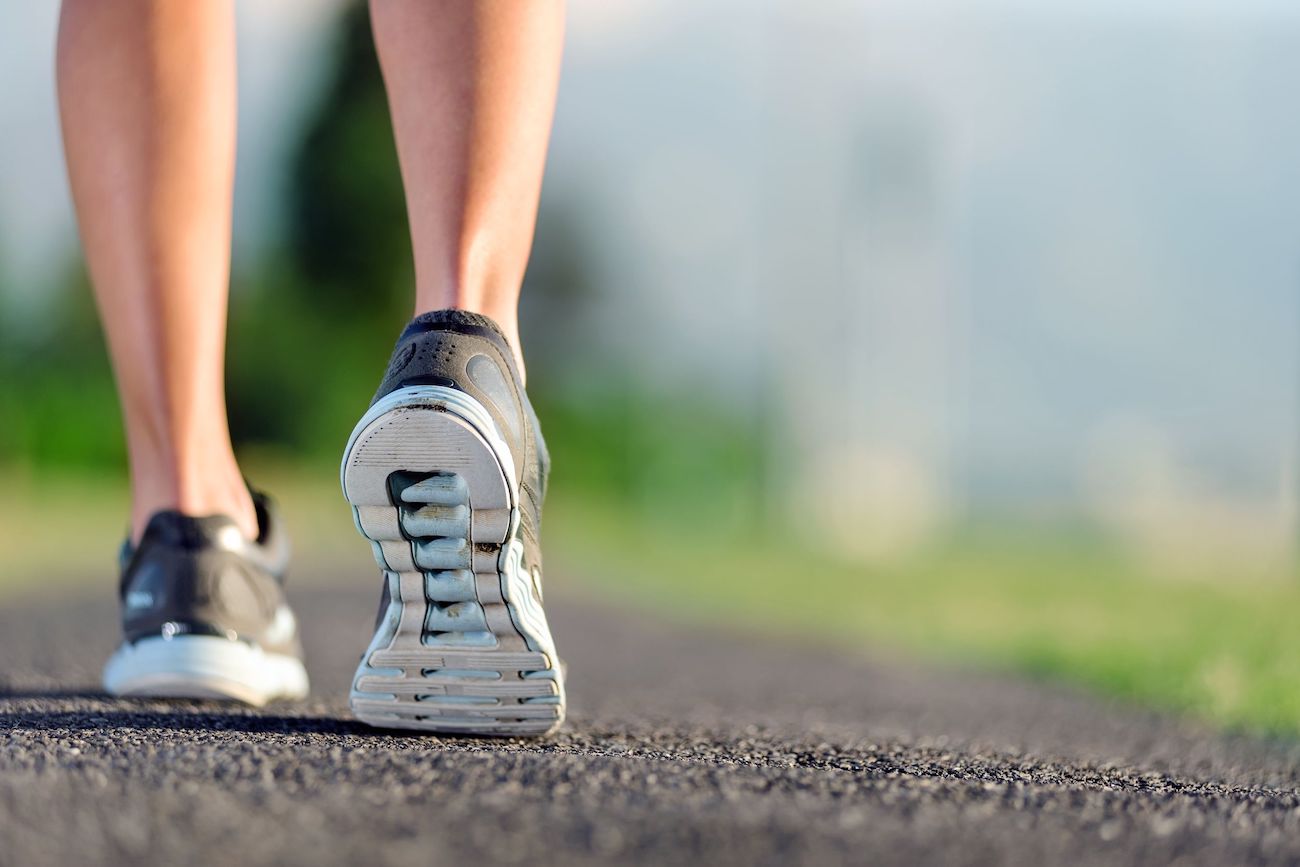How Physical Therapy Can Help with Incontinence
Let me scream this to everyone who will listen: PEEING WHEN YOU SNEEZE IS NOT NORMAL! It is also not normal when you jump, cough, laugh, run, or even when you are just on your way to the bathroom. This is embarrassing and frustrating, but you do not have to live with this and you can and should get some physical therapy and fix it. Incontinence is not “the norm” just because you have had a baby. You should be able to participate in all your daily and recreational activities without reaching for a panty liner.
But, why does leakage happen? It is hard to place an exact reason on why you are experiencing incontinence without a thorough evaluation, but let’s discuss the facts about incontinence. There are two types of incontinence, stress urinary incontinence and urge urinary incontinence. Stress urinary incontinence is defined by the ACOG as a condition of involuntary loss of urine on effort, physical exertion, sneezing, or coughing that is often bothersome to the patient and frequently affects the quality of life. This occurs due to increased pressure on the pelvic floor. Urge urinary incontinence is defined as a sudden strong urge to urinate that is hard to stop. You may leak urine on the way to the bathroom. If you have an “overactive bladder,” it means you have symptoms of urgency and frequency, but may not experience incontinence. It is possible to experience mixed urinary incontinence, which means you experience symptoms from both categories.
Poor Pressure Management and Weak or Tight Pelvic Floor Musculature
Your diaphragm, pelvic floor, back, and abdominal musculature work together to create a canister to create adequate abdominal pressure and protect your vital organs. This pressure is called intra-abdominal pressure. Sometimes these muscles do not work together appropriately and this can cause pressure downward into the pelvic floor, creating increased pressure and leading to urinary incontinence. Sometimes this is due to weakness not being able to sustain the pressure, and sometimes this is related to tightness, making the muscles unable to fire appropriately.
Poor Coordination of Your Pelvic Floor
Sometimes weakness or tightness aren’t the cause of your urinary incontinence and you need to re-train your muscles on how to fire appropriately to avoid leakage. Sometimes they don’t fire at the appropriate time, and this can lead to incontinence.
Weakness in Your Hips and Core
The pelvic floor musculature is not always the reason for the incontinence. Sometimes, it can be due to weakness in the surrounding musculature. Your therapist can evaluate both your pelvic floor and your hip and core musculature to see what could be contributing to your leakage. You may be compensating for weakness elsewhere and it is causing your pelvic floor to overwork.
If you are experiencing urinary incontinence, please contact Release Physical Therapy today and schedule your pelvic health evaluation so Dr. Mia Smyser can teach you the right ways to navigate and reduce your stress or urge urinary incontinence. Remember, leaking (even just a little) is never normal.
ADDITIONAL POSTS
5 Essential Stretches for Runners
Stretching for runners helps to prevent injuries, improve flexibility, and increase range of motion... but not all stretches are created equal. Learn the best stretches for running, when and how often to stretch.
What is the best surface to run on?
What kind of surface is best to run on to decrease the risk of injury? Learn the pros and cons of different running surfaces. Plus - how a video running analysis can up your running game this season.
Form First: Factors of Running Gait
There can be a lot to pay attention to when it comes to our movement patterns, particularly with running. The following five factors are critical to ensuring proper form.
Form First: Running Gait Evaluation Tools
Our bodies can develop functional movement patterns that aren't always the most efficient or safest for us over time. Try these tools and methods to evaluate and make adjustments to your gait.
Foot Strike: The Debate
When running, the foot can hit the ground in different areas: rearfoot, mid-foot, or forefoot. One heavily debated topic is rearfoot versus forefoot striking, and which (if either) is better for healthy running.
Finding the Right Running Shoe for You!
Let's talk running shoes! Of course, there are many types available for different feet, terrain, distance, etc. We will compare the two most common and differing shoe designs.

Mia Smyser PT, DPT, COMT, CIDN
Dr. Mia Smyser is a native of the DMV. She received her Doctorate in Physical Therapy from the University of Miami, after receiving her Bachelors of Science in Exercise Science from the University of South Carolina. She thinks movement is of foundational importance and is dedicated to improving people’s mobility and function and helping them achieve their optimal physical well-being.
She is passionate about continuing to learn and grow in the profession. She is a Certified Orthopedic Manual Therapist (COMT), certified in Integrative Dry Needling and is continuing her coursework with Herman & Wallace as a pelvic health therapist.
Dr. Smyser previously worked at outpatient physical therapy clinics in Washington, DC and Falls Church, VA, treating a wide variety of conditions including sports medicine, pelvic health, pre/post-operative rehabilitation, and pediatrics, among others.
In her free time, she prioritizes spending time with her husband, son & dog; playing soccer and running; coaching HIIT and checking out new restaurants.







